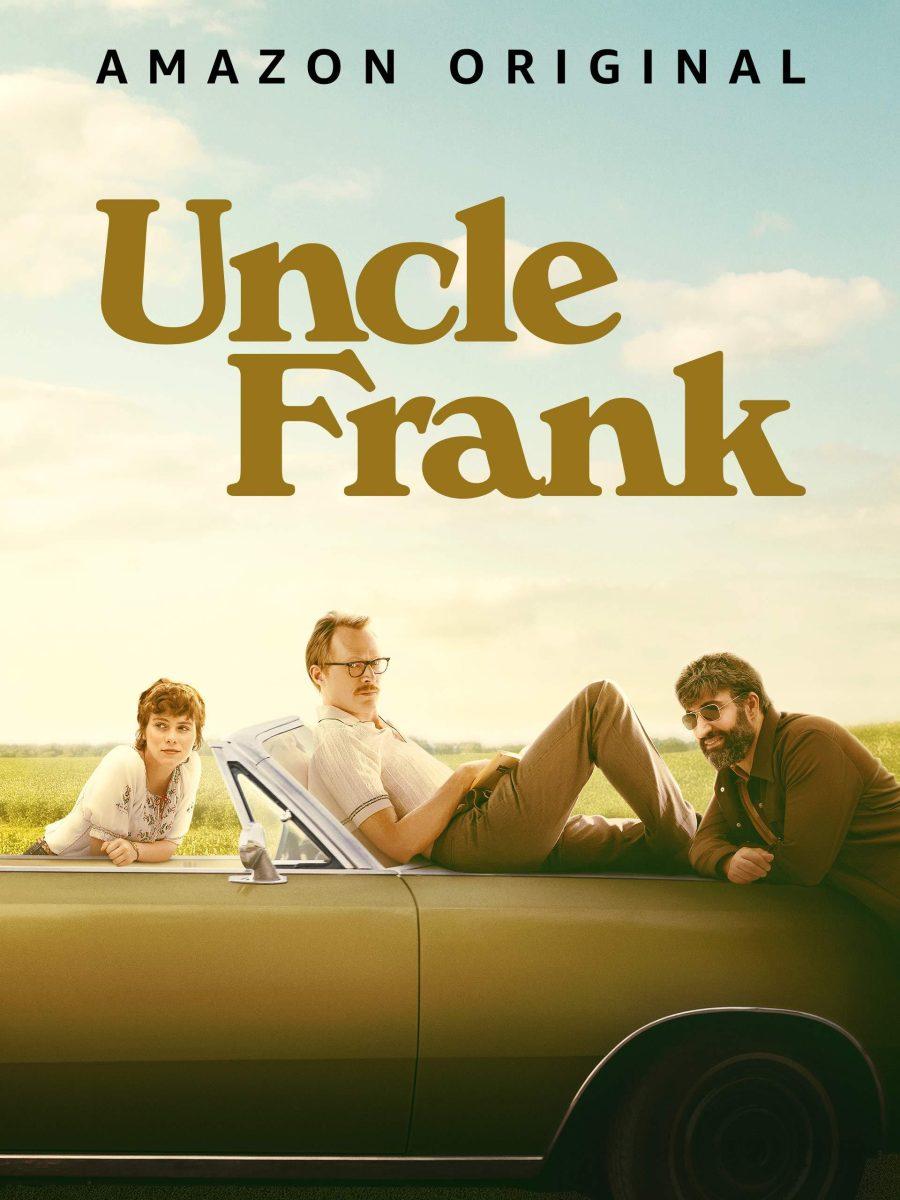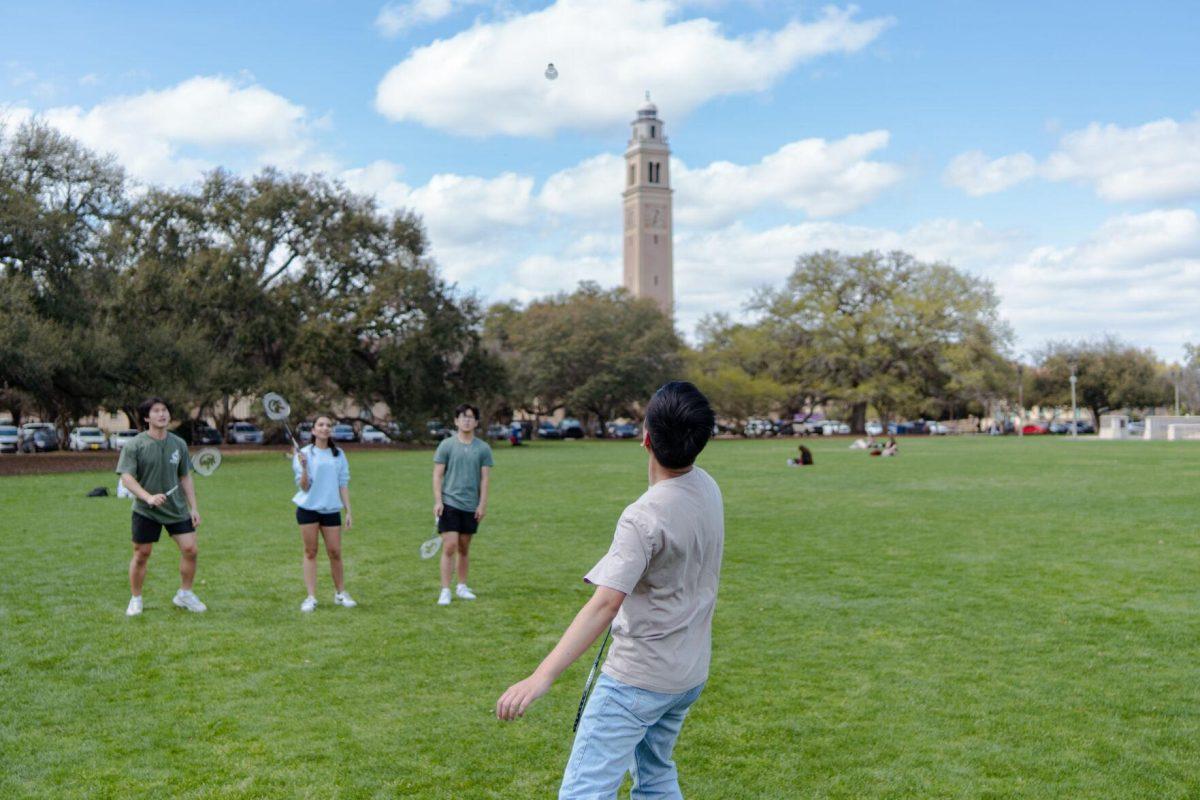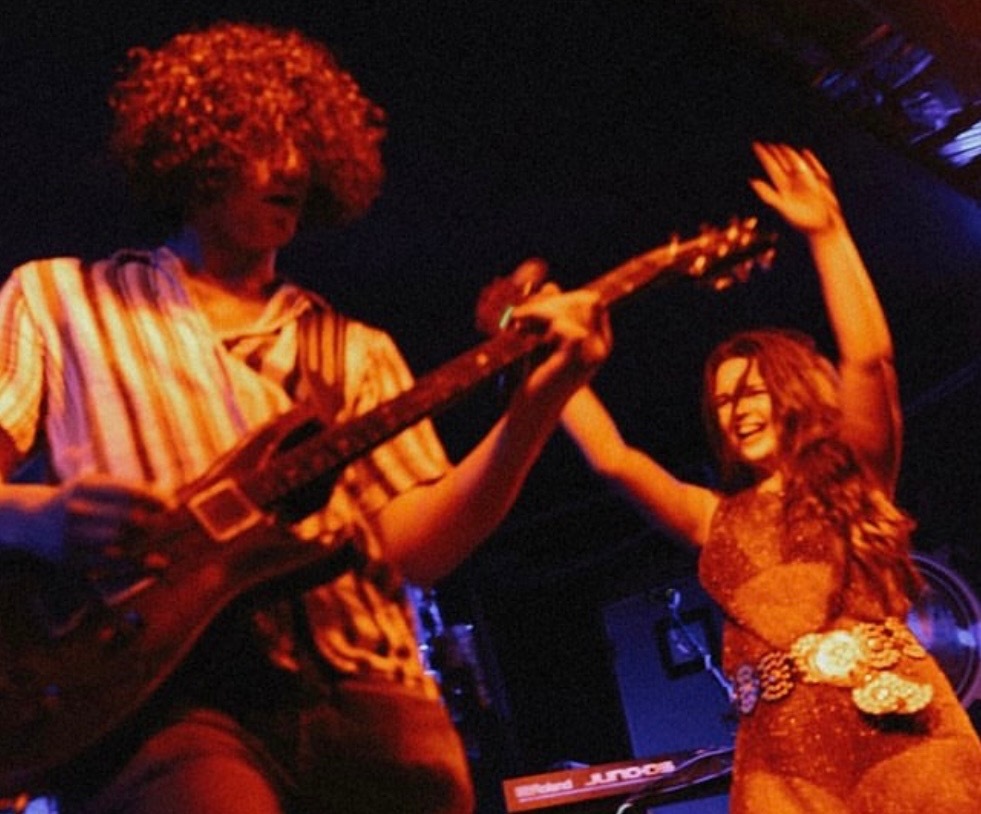Stars: 3/5
Amazon Prime’s “Uncle Frank” uniquely explores the two black sheep of the Bledsoe family at different stages of grappling with a world in which they are both outliers. Betty Bledsoe (Sophia Lillis) intellectually towers over the residents of Creekville, South Carolina from an early age, echoing her uncle Frank Bledsoe (Paul Bettany) in his largely off-screen childhood there. In her passing understanding of their dynamic with the rest of the family, they both feel alienated by their proclivity toward learning and reading as opposed to sports and teenage pregnancy. In reality, though, Frank silently battles his nature every second he spends in their backwoods hometown as being gay is beyond shameful; it is an irrefutable sin against God and nature, as they so often proclaim.
Betty — or Beth, her self-chosen name Frank encourages her to take — begins fascinated by and appreciative of his fleeting presence in her life. She sees him through eyes unpolluted by the ever-present stigma that comes with the blindly Bible-thumping upbringing into which the rest of her family is indoctrinated. This innate ignorance drives the wedge between the sheep and their herd as they become worldly wise and find their place in New York.
Beth’s moving to NYC for college appeared to set the stage for a period of growth and probing into the world around her. Quickly abandoning this setting felt like a missed opportunity to juxtapose the free world’s acceptance over the twisted repression of homosexuality (and intelligence) that is common practice in 1960s-70s Creekville. That brief time studying, exploring and partying in New York with Frank and his “roommate,” partner Wally (Peter Macdissi) could have made a compelling coming of age film. Instead, it is immediately nipped in the bud by a bittersweet phone call ringing about the death of Frank’s cruel father, Daddy Mac (Stephen Root), pulling them back to the cesspool from which they escaped.
Despite acknowledging how risky their shared existence in Creekville is, Wally adamantly places himself in the midst of Frank’s familial situation following his father’s death. Wally’s appearance certainly serves a critical plot role, but his insertion made him look like a stubborn child after ignoring Frank’s inarguable reasoning. It does, of course, come from a place of love, but Frank’s frustration felt beyond warranted. Wally also gets saddled with most of the filler dialogue for whatever reason in between his purposeful blips of relevance.
As Frank-centric events start and continue to unfold, the film loses sight of the titular context of our observing him. He is Beth’s uncle Frank. Their relationship and her role as protagonist get tossed by the wayside when the action ramps up which is a complete disservice to her emotional development viewers come to admire.
Though technically seeded throughout, the sequence of events in the wake of the wake (which is both accurate and fun to say), characters made some misguided and misled decisions I found a problem with. Those family members that went unmentioned react accordingly, a relief of tension worth the hour and a half wait.
Rev Rank: ‘Uncle Frank’ candidly shares living with familial alienation
By Taner Morgan
December 1, 2020
Uncle Frank








